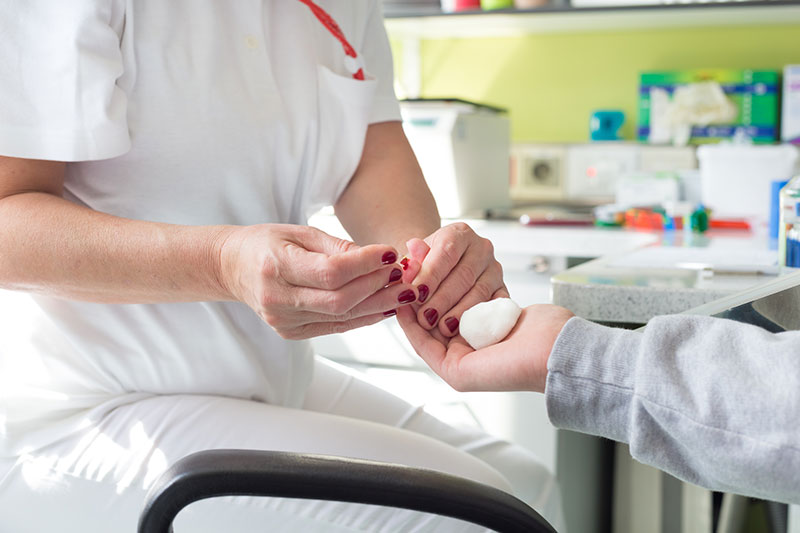Blood Type May Affect COVID-19 Risk: Study
Medically reviewed by Drugs.com
A person's blood type may affect their risk for COVID-19, the disease caused by the new coronavirus, researchers report.
They analyzed blood samples from nearly 2,200 COVID-19 patients in China and tens of thousands of healthy people, and found those with A blood types had a significantly higher risk of COVID-19 while those with O blood types had a significantly lower risk, Newsweek reported.
The findings appear on the website medRxiv, where health researchers publish studies before they undergo the peer review process required by journals.
The researchers said blood type-related differences in COVID-19 risk may be due to certain antibodies in the blood, but further studies are needed to confirm this, Newsweek reported.
The finding that blood type may affect COVID-19 risk could be important for healthcare workers treating COVID-19 patients, because those with A blood types" "might need particularly strengthened personal protection to reduce the chance of infection."
Also, people with A blood types might require "more vigilant surveillance and aggressive treatment," and identifying a person's blood type as a routine part of treating COVID-19 and other coronavirus infections might be helpful, according to the researchers, Newsweek reported.
The study was limited because of its small size and it didn't offer an explanation for its findings, Gao Yingdai, a researcher from the State Key Laboratory of Experimental Hematology in Tianjin, told the South China Morning Post.
The study "may be helpful to medical professionals, but ordinary citizens should not take the statistics too seriously," said Gao,who did not work on the study, Newsweek reported.
"If you are type A, there is no need to panic. It does not mean you will be infected 100 percent," she said, addingm "If you are type O, it does not mean you are absolutely safe, either. You still need to wash your hands and follow the guidelines issued by authorities."
Further Support and Information on COVID-19
Read this next
Household Items Tied to Sharp Increase in Self-Harm Cases in Teens
WEDNESDAY, Sept. 10, 2025 — Cases of self-harm involving 6- to 12-year-olds have risen sharply, and researchers warn that common household products are often...
Caffeine Bad News For Blood Donations, Study Says
WEDNESDAY, Sept. 10, 2025 — Your morning cup of coffee might harm the quality of a blood donation provided later in the day, a new study says. Caffeine appears to impair...
Ultrasound Helmet Provides Surgery-Free Brain Stimulation
WEDNESDAY, Sept. 10, 2025 — Deep brain stimulation has shown promise in treating conditions ranging from epilepsy and Parkinson’s disease to cluster headaches...
More news resources
- FDA Medwatch Drug Alerts
- Daily MedNews
- News for Health Professionals
- New Drug Approvals
- New Drug Applications
- Drug Shortages
- Clinical Trial Results
- Generic Drug Approvals
Subscribe to our newsletter
Whatever your topic of interest, subscribe to our newsletters to get the best of Drugs.com in your inbox.


